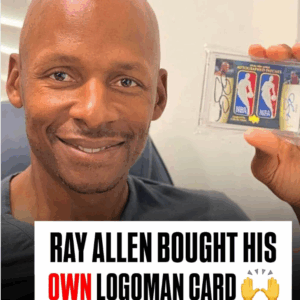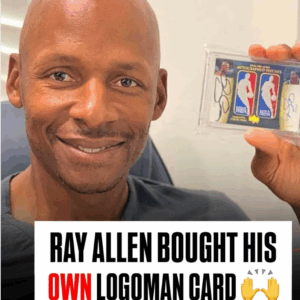Every moment in the courtroom turned out to be a scene of high tension and anticipation, while the protagonists, Netflix and Goldin Auctions, faced off against the might of a copyright infringement lawsuit, which they just managed to shake off. This drama unfolded in a federal court with Judge Christine O’Hearn ruling the much-debated case firmly in the favor of the entertainment giant Netflix, Goldin Auctions, and its founder Ken Goldin.
This dispute can be traced back to a particularly miffed contestant on “Survivor”, Gervase Peterson, who accused the reality TV series “King of Collectibles,” its producer Wheelhouse Entertainment, Netflix, and the founder of Goldin Auctions of having plagiarized a concept he had pitched back in 2019. The concept, originally called “The Goldin Boys,” was allegedly remodeled into the established show and then purchased by Netflix, all the while excluding Peterson from the reel of things.
Peterson’s argument swirled around the uncanny likeness between his pitched idea and the reality show “King of Collectibles,” which recently unfolded its second season on Netflix. The protagonist’s journey runs the gamut from initial enthusiasm, marked by conversations and consistent communication, before being abruptly cut off in mid-2020. In what seemed a twist of fate, soon after this communication freeze, a strikingly similar production to Peterson’s initiative mysteriously began development.
The defense, however, strongly contended the allegations, arguing that the series highlighted day-to-day business operations at Goldin Auctions and its enigmatic founder’s life–a concept too generic to be safeguarded under the Copyright Act.
Judge Christine O’Hearn, from the New Jersey federal district court, aligned with the defense’s opinion, stating that the copyrighted elements highlighted by Peterson fell into the category of scènes à faire. This legal doctrine emphasizes that scenes or themes typical to a genre cannot be copyrighted. The unglamorous side of reality TV depicting daily business operations, as portrayed in “King of Collectibles,” finds itself neatly falling into this category.
Adding sharpness to her argument, Judge O’Hearn underscored that elements rooted in real-life and those typical to reality shows are frequently deemed unprotectable. She backed her stance by drawing parallels with previous legal rulings involving similar terrain. The dismissal of Peterson’s lawsuit underscores the formidable difficulty faced in attempting to copyright expansive concepts often seen in reality television.
The TV series “King of Collectibles” seems to have stirred up quite a storm offscreen, tackling legal challenges head-on. Undeterred and unscathed, the series continues to make a happening buzz in the world of entertainment, even bagging a recent Emmy nomination. Quite the triumph, wouldn’t you say? Even so, this case has sparked a necessary conversation around copyright issues in reality TV, a genre that will, for sure, continue to entertain, enthrall, and, well, maybe infuriate in equal measure.





